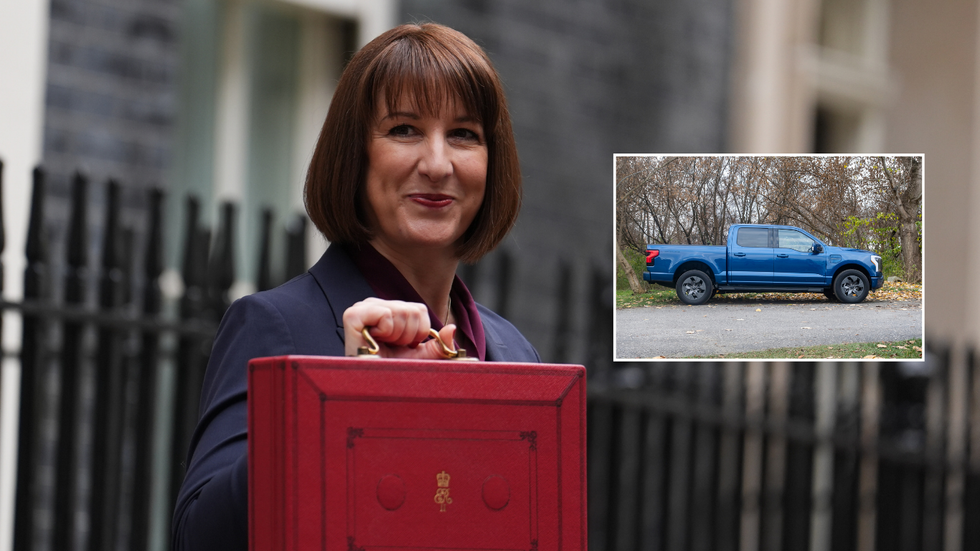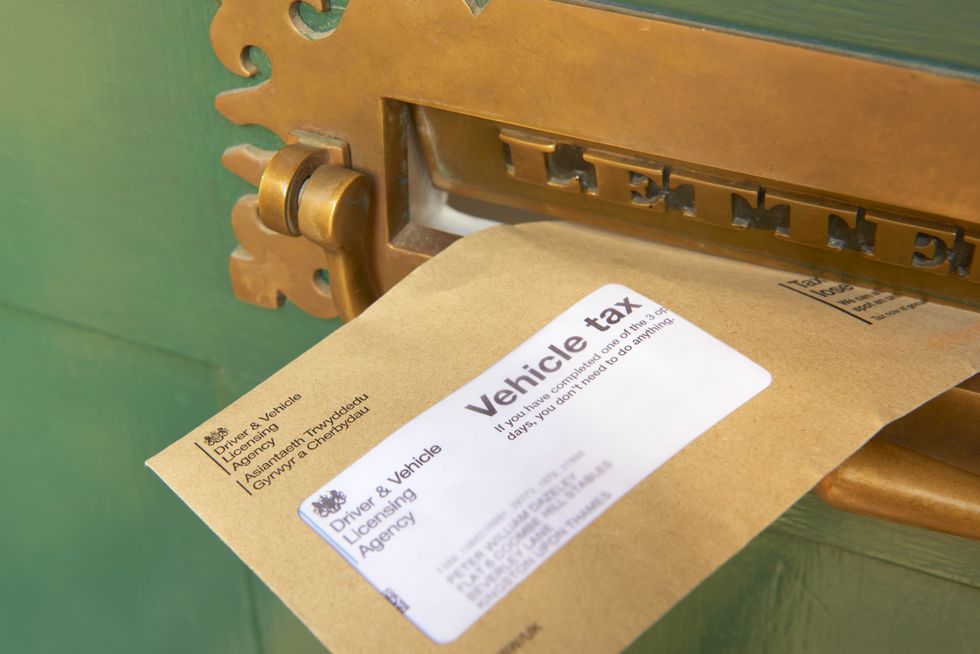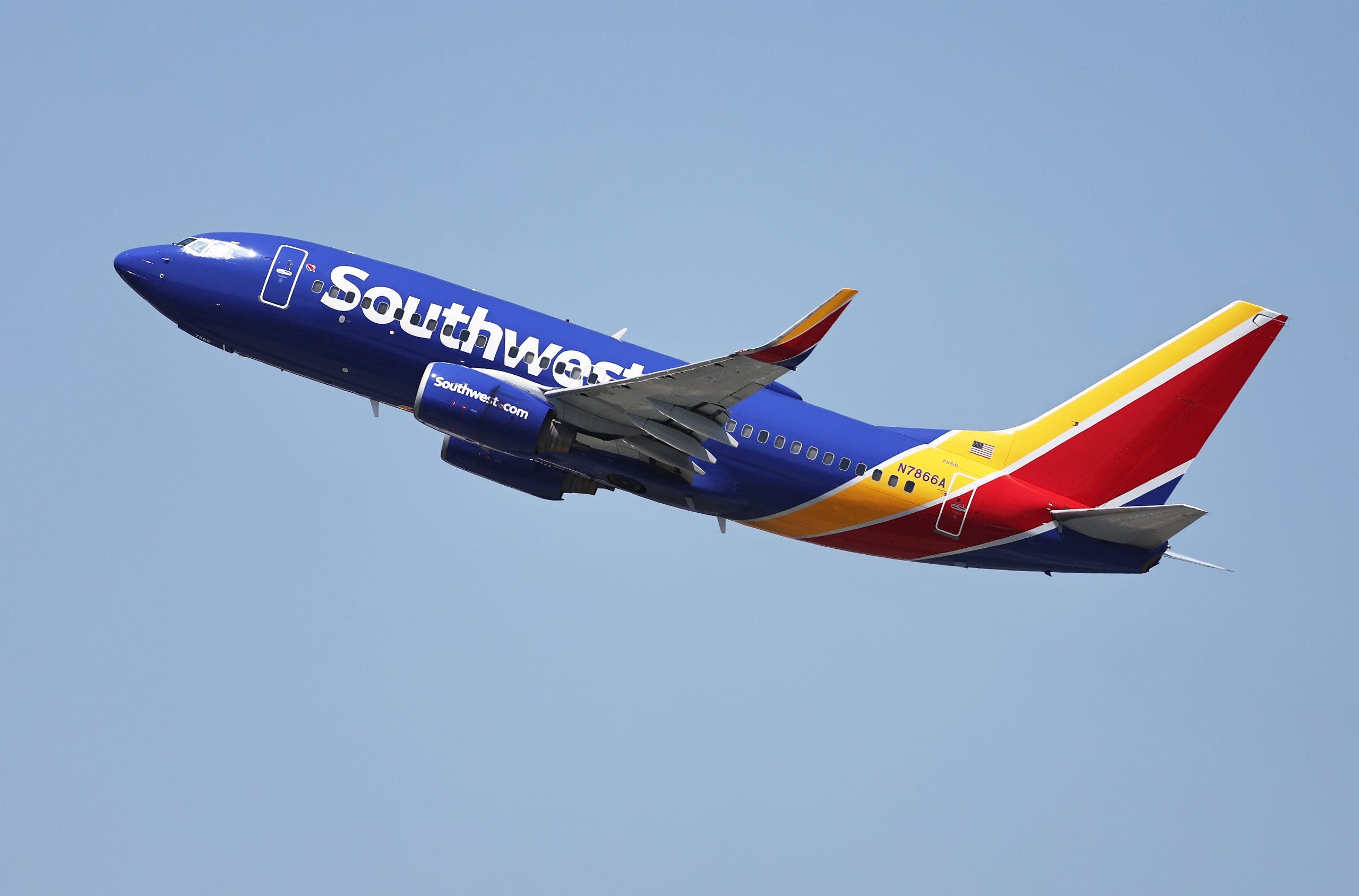Drivers with larger diesel engines have been warned they could see their car tax contributions increase by more than five times next year, after changes were introduced in the Budget.
The warning comes as double-cab pickup owners face a dramatic increase in their benefit-in-kind (BiK) tax rates.
The changes form part of the Government’s tax overhaul which will now reclassify all double-cab pickups with a payload of one tonne or more as cars rather than commercial vehicles.
This marks the second attempt at implementing changes, following a similar initiative earlier this year in February which was ultimately reversed after significant backlash from the fleet sector.
Do you have a story you'd like to share? Get in touch by emailingmotoring@gbnews.uk
Diesel owners to be slapped with huge car tax increases next year
PA/GETTY
The most substantial increases will particularly affect vehicles with larger diesel engines, which will fall into the highest BiK bracket under the new classification system, according to Fleet UK. Historically, double-cab pickups have enjoyed favourable tax treatment compared to standard company cars, making them an attractive choice for businesses across the UK.
Under the current system, these vehicles benefit from a fixed BiK rate, resulting in substantial tax savings for business owners and fleet operators.
The existing arrangement has made double-cab pickups particularly cost-effective for companies looking to provide vehicles that can serve both business and personal use purposes.
This preferential tax treatment has helped drive significant growth in the pickup truck market, which explains the strong opposition when similar changes were proposed earlier this year.
However the upcoming changes represent a fundamental shift in how vehicles will be taxed, moving them away from their "privileged position" in the tax system.
From April 2025, double-cab pickups will be subject to the same tax calculations as regular company cars, based on CO2 emissions and vehicle list price.
For diesel vehicles not meeting the Real Driving Emissions Step 2 standard, an additional four per cent surcharge will apply on top of the standard rates.
The new system will use a sliding scale of tax bands, with rates increasing based on CO2 emissions, ranging from three per cent for zero-emission vehicles up to 37 per cent for vehicles emitting 160g/km or more in 2025/26.
Car tax changes will come into effect in April next year
GETTY
This transitional period of up to four years offers some respite for businesses that act quickly to secure their vehicles under the current tax regime.

 By GB News (Politics) | Created at 2024-11-19 08:47:32 | Updated at 2024-11-23 00:15:44
3 days ago
By GB News (Politics) | Created at 2024-11-19 08:47:32 | Updated at 2024-11-23 00:15:44
3 days ago










